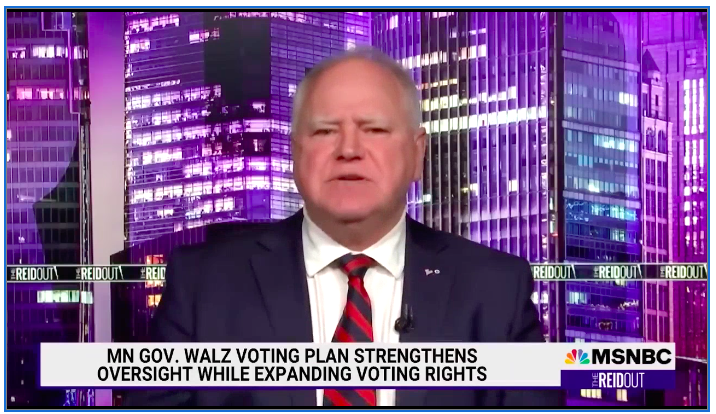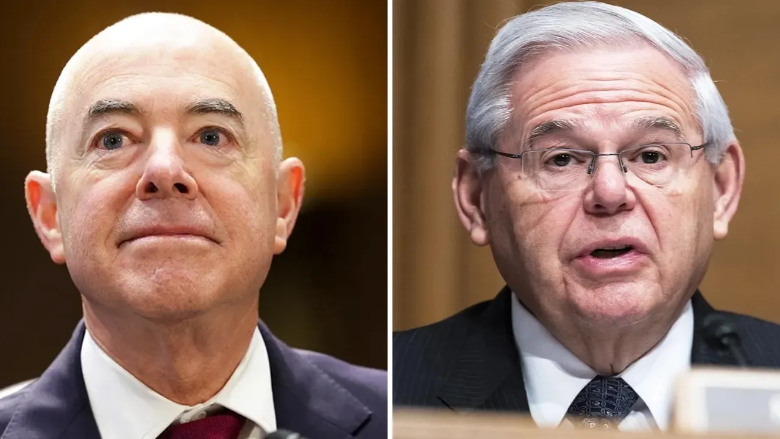im Walz’s Remarks Spark Outrage Over First Amendment Interpretations
Minnesota Governor Tim Walz recently ignited a firestorm of controversy with comments that many are interpreting as an affront to the First Amendment. In a statement that has since sparked widespread debate, Walz suggested that free speech is “not guaranteed to Americans,” a remark that some view as a direct challenge to the constitutional rights enshrined in the Bill of Rights.

Walz’s Remarks and the Immediate Fallout
During a recent public appearance, Governor Walz made a statement that many found shocking: “Free speech is not guaranteed to Americans.” This comment has since been criticized by conservative commentators and legal experts, who argue that it represents a fundamental misunderstanding of the First Amendment.
The First Amendment to the United States Constitution explicitly protects the right to free speech, a cornerstone of American democracy. Legal scholars have long held that this protection is unequivocal, barring very limited exceptions such as incitement to violence or defamation. Walz’s assertion, therefore, has raised alarms about the potential erosion of constitutional rights under his administration.
Conservative Backlash: An Assault on Fundamental Rights?
Critics from across the conservative spectrum have condemned Walz’s comments as an attack on free speech. The Gateway Pundit, a prominent conservative news outlet, described Walz as a “radical leftist tyrant” who is “declaring war on the Constitution.” The article argues that Walz’s stance is emblematic of a broader trend among left-leaning politicians who, in their view, seek to curtail freedoms guaranteed by the Constitution.
The Post Millennial also reported on the incident, emphasizing the potential implications of Walz’s statement for future political discourse. The publication highlighted concerns that such rhetoric could pave the way for more restrictive measures on speech, particularly for those with dissenting opinions.
The First Amendment Under Siege?
The broader implications of Walz’s comments cannot be overstated. The First Amendment is not merely a legal safeguard; it is a fundamental aspect of American identity. The idea that free speech could be subject to limitations imposed by government officials is a concept that many find deeply troubling.
From a conservative perspective, Walz’s remarks are seen as part of a larger effort by certain political factions to control public discourse. There is a growing concern that such statements reflect an underlying desire to suppress viewpoints that diverge from the dominant narrative, particularly those espoused by conservative voices.
Legal and Historical Context
The First Amendment has been the subject of numerous Supreme Court cases that have consistently upheld the right to free speech, even in instances where the speech in question is unpopular or controversial. For example, in Brandenburg v. Ohio (1969), the Court held that speech could not be restricted unless it was directed to inciting imminent lawless action and was likely to produce such action. This high threshold for limiting speech underscores the robust protection that the First Amendment affords.
Governor Walz’s comments, therefore, stand in stark contrast to the established legal precedent. His assertion that free speech is not guaranteed raises questions about his understanding of constitutional law and the potential consequences of such a viewpoint being adopted by other political leaders.
Public Reaction and Political Ramifications
The public reaction to Walz’s statement has been swift and fierce. Many see it as indicative of a broader trend among left-leaning politicians who, they argue, are increasingly willing to disregard constitutional protections in favor of advancing their political agendas. This sentiment is particularly strong among conservatives, who view Walz’s comments as a direct threat to their ability to express dissenting opinions.
The potential political ramifications of Walz’s remarks are significant. As the 2024 election cycle approaches, issues related to free speech and constitutional rights are likely to play a central role in the national discourse. Walz’s statement may well become a focal point for conservatives seeking to galvanize support around the defense of the First Amendment.
A Pivotal Moment for Free Speech?
In the broader context of American politics, Walz’s comments could mark a pivotal moment in the ongoing debate over free speech. For those who view the First Amendment as sacrosanct, the idea that an elected official could question its guarantees is deeply concerning. This controversy underscores the growing divide in American society over the interpretation of constitutional rights and the role of government in regulating speech.
From a conservative standpoint, Walz’s remarks are seen as a clarion call to defend the First Amendment against what they perceive as an increasingly aggressive assault by left-leaning politicians. The implications of this debate will likely resonate far beyond Minnesota, shaping the national conversation on free speech for years to come.

